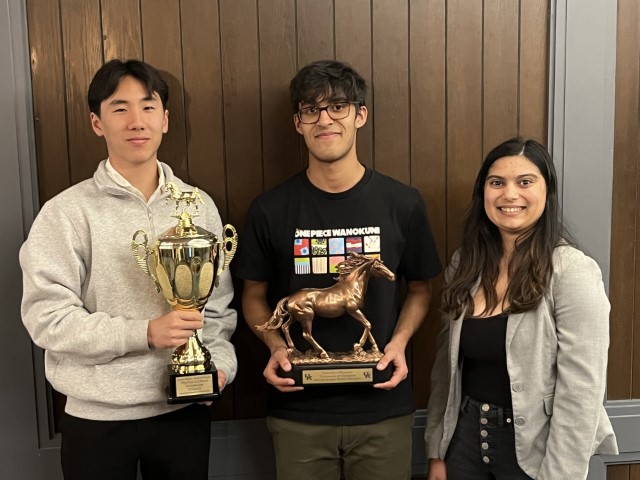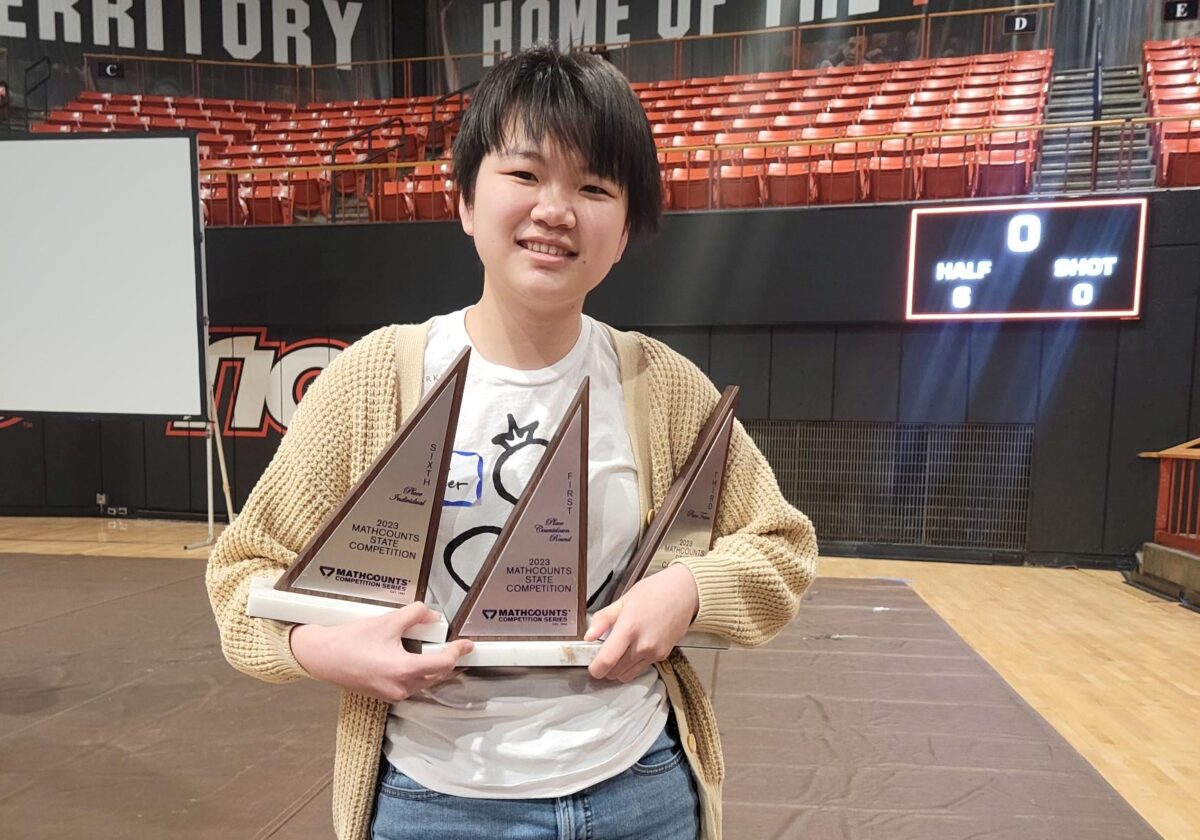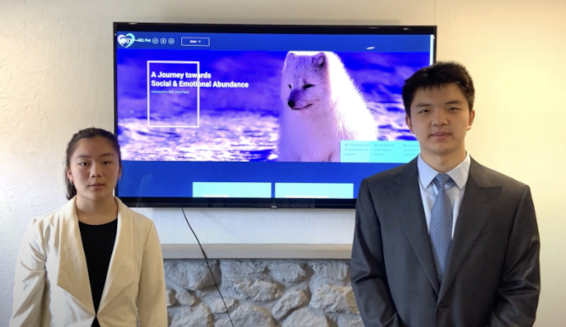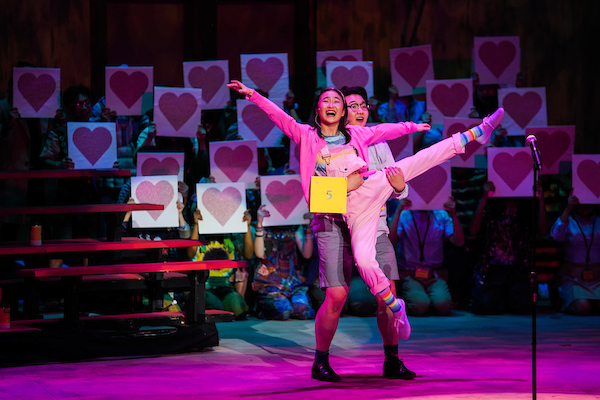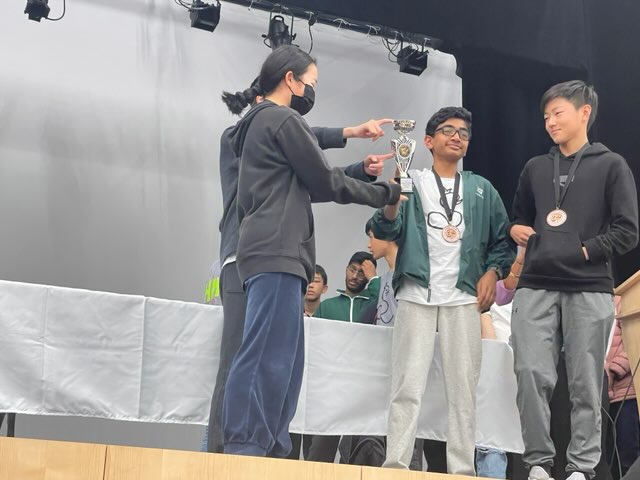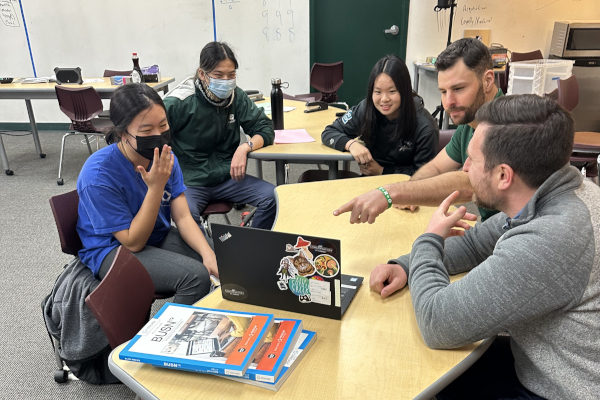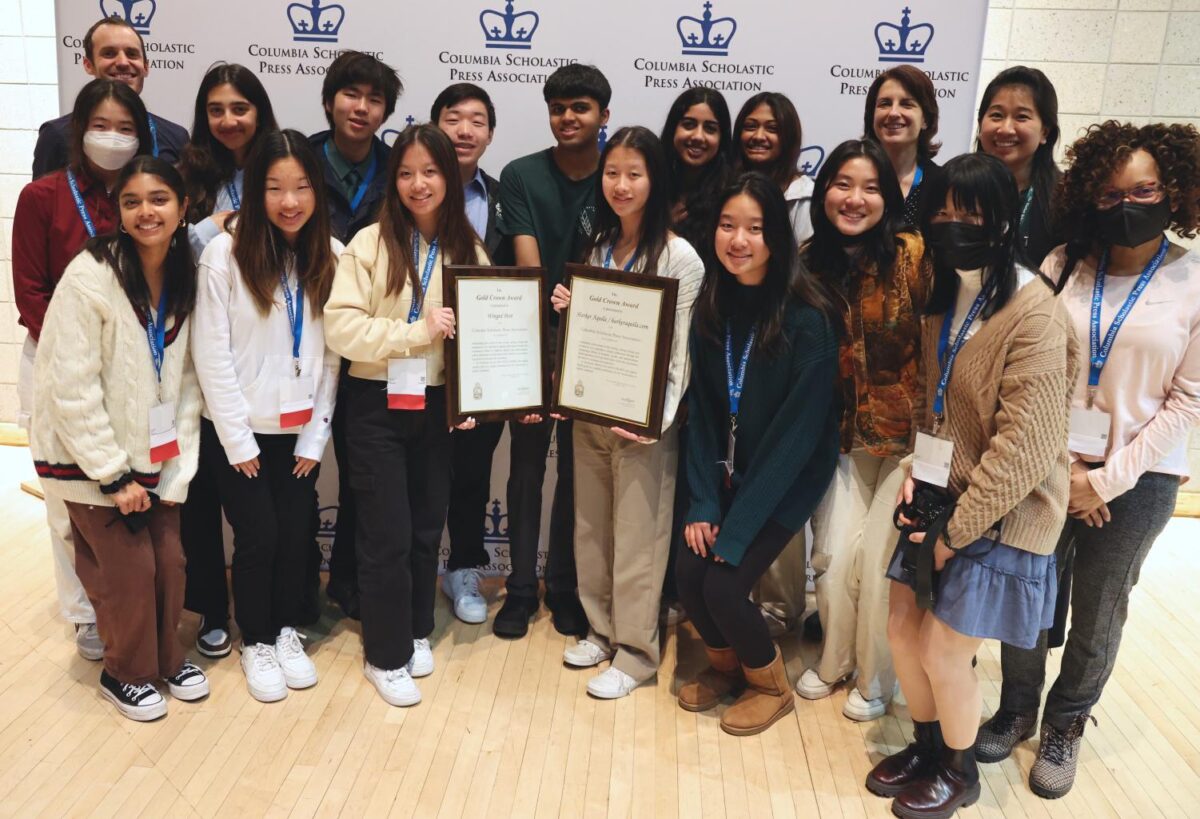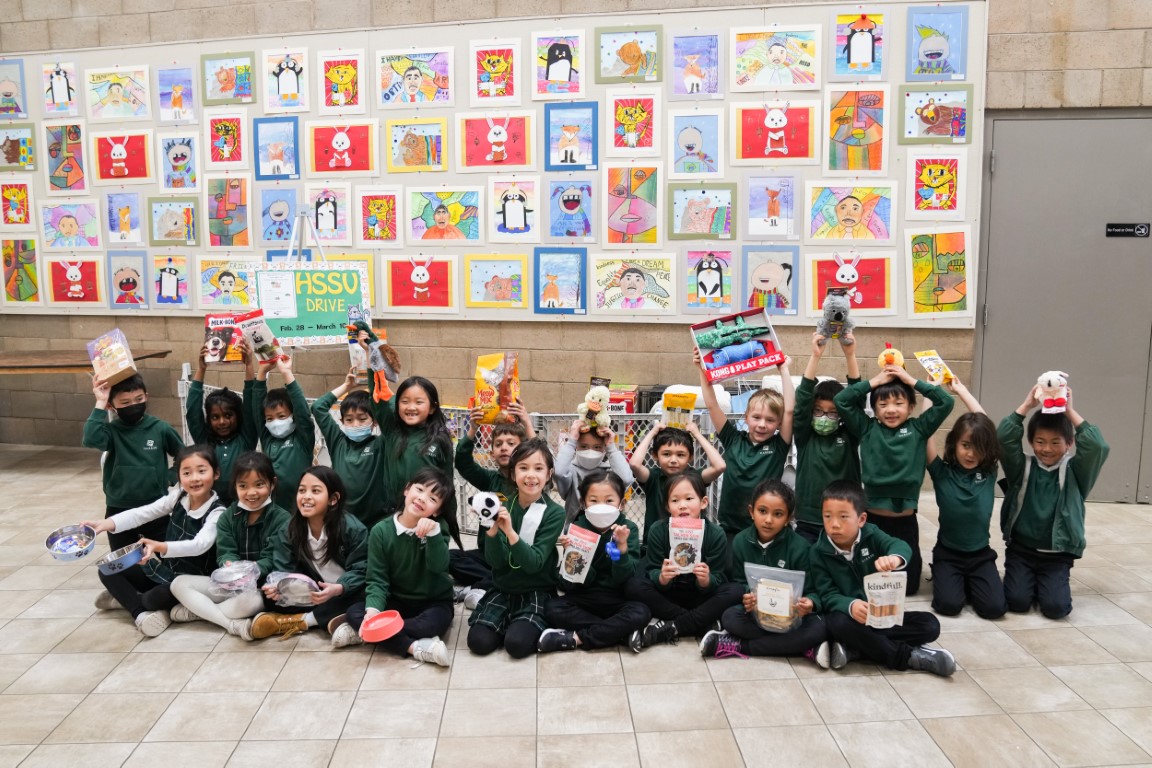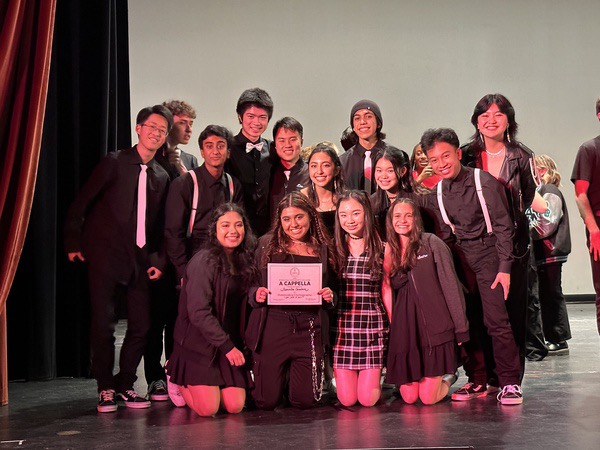Senior Muzzi Khan won the National Championship in Lincoln-Douglas Debate at the University of Kentucky’s Tournament of Champions.
alumni-express
Middle school mathletes perform well at state MathCounts competition
Harker students earned both team and individual recognition at the state MathCounts competition on March 25.
Students win Project of the Year at California Science and Engineering Fair
Alec Zhang, grade 11, and Jingjing Liang, grade 9, were recently awarded Project of the Year in the senior division at the California Science and Engineering Fair.
Upper school spring musical nominated for two Rita Moreno Awards
The 2023 upper school spring musical, “The 25th Annual Putnam County Spelling Bee,” has been nominated for Rita Moreno Awards for Overall Production and Outstanding Actress (Selina Xu, grade 11).
22nd Diana Nichols Math Invitational attracts 380 students
The 22nd Annual Diana Nichols Harker Math Invitational for grades 6 to 8, held March 18 was a highly successful event with 18 schools and about 380 contestants taking part in the individual and team contests.
[Updated] Harker team reaches Wharton Investment Competition finals
Team FRESH.mInD is one of 55 semifinalists from nearly 1,400 entries.
2023 Near and Mitra salons explore wide range of historical topics
Last week, the scholars of this year’s John Near & Mitra Family Scholar Grant Program conducted salons via Zoom discussing the results of the several months’ worth of research they had carried out in the topics of their choice.
Harker journalism wins two Gold Crowns at CSPA Spring Convention
Harker journalism students attended the Columbia Scholastic Press Association’s Spring Convention at Columbia University and were presented with CSPA Gold Crown awards for Harker Aquila and the Winged Post newspaper.
Grade 1 donation drive delivers hundreds of goods to animals in need
First graders sent more than 500 items and more than $300 to the Humane Society Silicon Valley to cap off their annual donation drive.
Downbeat reaches ICHSA quarterfinal round, senior wins choreography award
The upper school’s show choir group placed fourth in the International Competition of High School A Capella’s west region.
